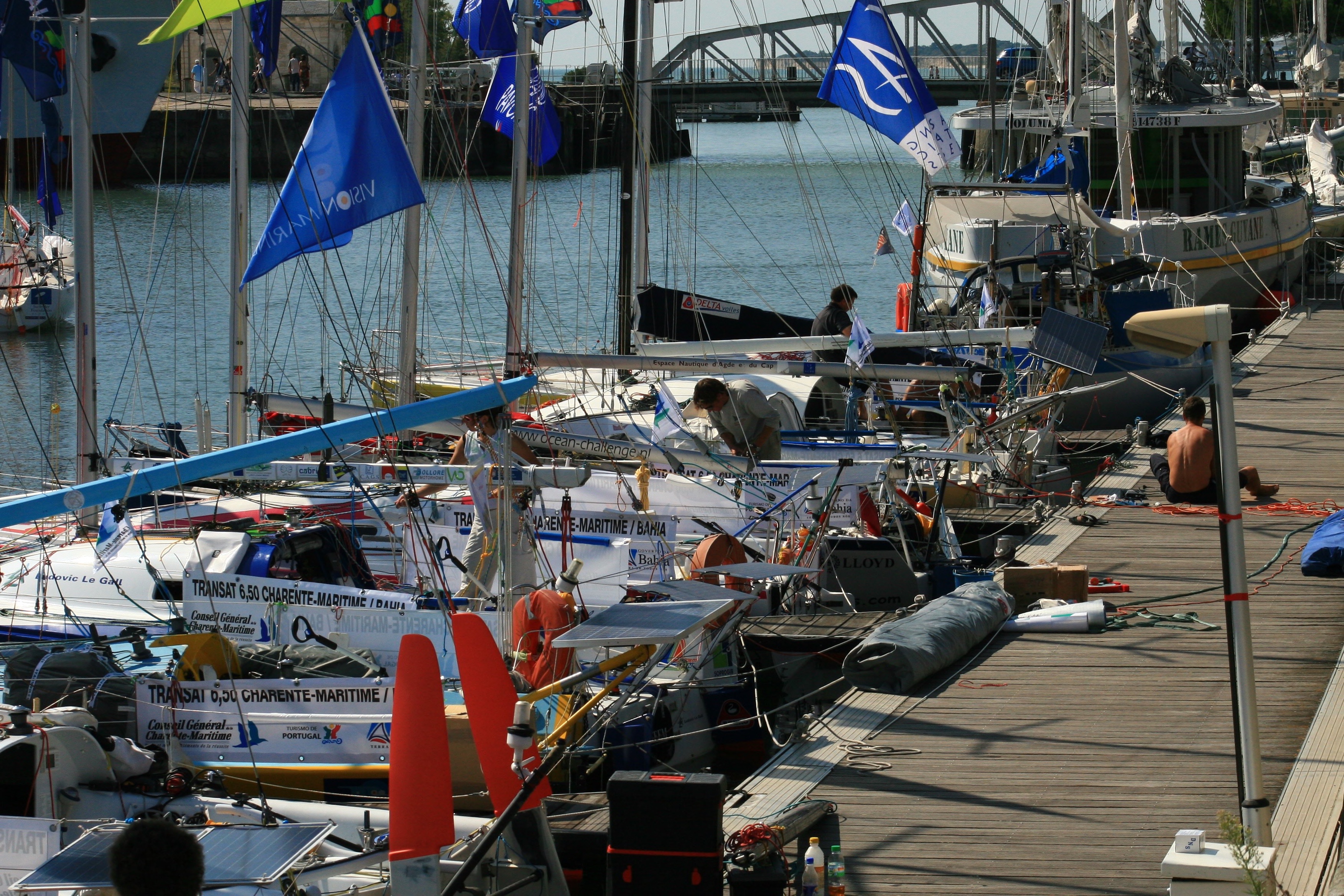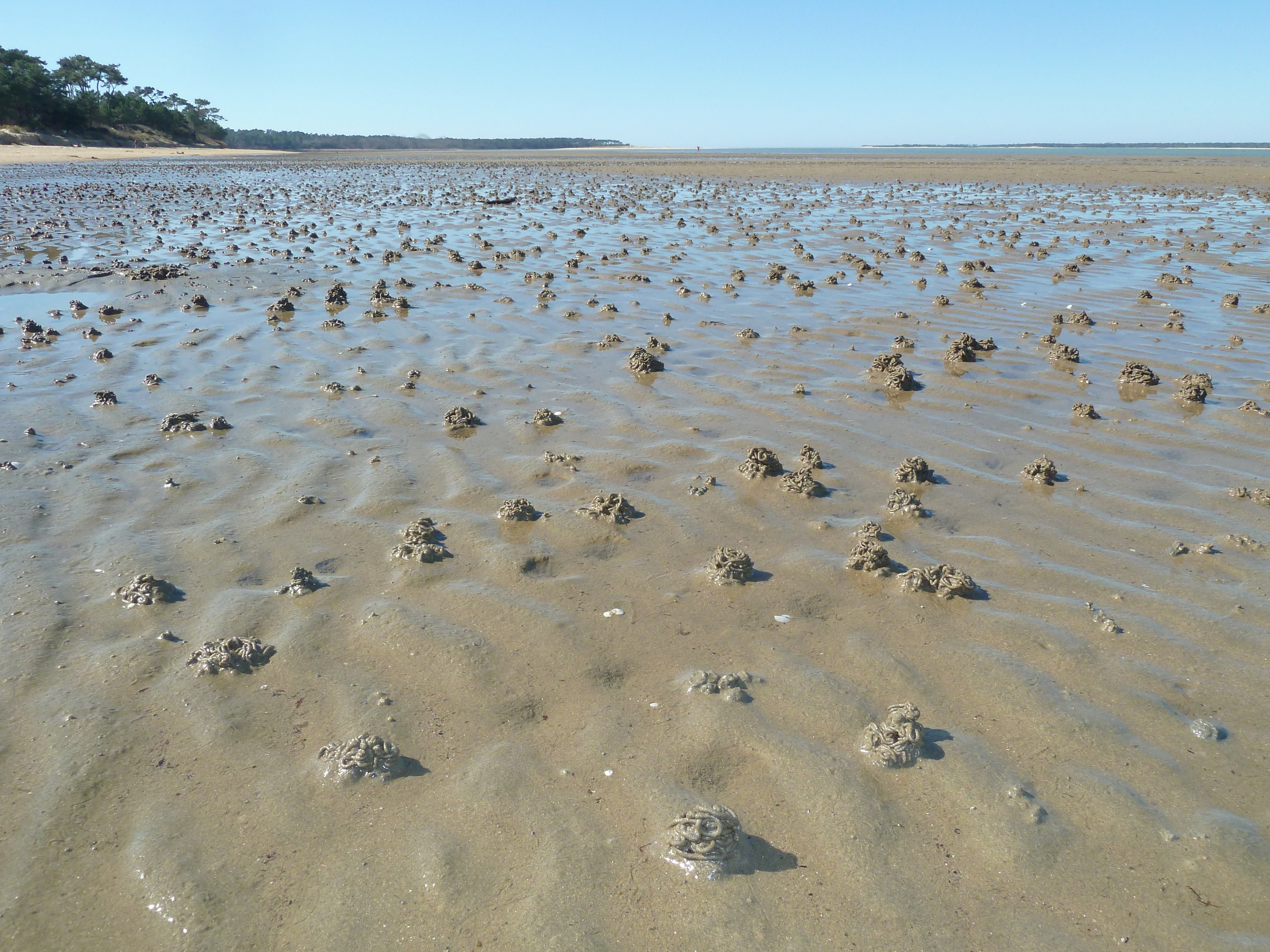
Objectives
The major Geography Applied to Coastal Management (GACM) trains generalist managers capable of understanding scientific issues related to the management coastal areas. Coastal areas are highly variable environments (land-use pressures, coastline, coastal hazards and risks linked to climate change). The development and management of these coastal, island and maritime territories is one of the major challenges for the sustainable development of these areas. In this societal context of lacking expertise and decision support tools this major emphases the necessary transversal approach to study, understand and manage these complex areas.
Skills developed
At the end of the training, graduates who have followed this major will:
- master the principles of planning and sustainable management of coastal areas in order to create planning and development plans
- master the instruments of territorial planning and their articulations to implement policies for the integrated management of coastal zones
- master cartography and geomatics applications (GIS, 3D, GPS, modeling, etc.)
- be able to process, analyze and interpret collected data (questionnaires, surveys) to answer environmental and development questions
- be able to integrate the concepts of geography and environment, management sciences and socio-economic approaches, to implement multidisciplinary strategies for environmental management
- master the basic knowledge and tools of geosciences, geophysics and biology for understanding the functioning of ecosystems and the impact of human activities
Organization
During the first 3 semesters of the training, the major is taught in the form of 3 Teaching Units (TU) of 60 hours each. All of the courses are modularized and 3 consecutive weeks are devoted to each TU. Some courses are taught in English. The evaluation of the courses takes place all along the semester, at the end of each TU. At the end of the second semester, a compulsory internship of 6 to 8 weeks is integrated into the curriculum. Similarly, the fourth semester of the master is devoted entirely to a 6-months final internship.
For more information, access the full course description (in English for courses given in English, in French otherwise).
Career
This major trains executives specializing in planning and environmental issues who have a holistic vision of development problems, particularly in coastal areas. More than 75% of the graduates of this major find a job corresponding to their skills within 6 months after the end of the training. Net monthly salaries range from €1200 to €3800 net per month (median: €1500). Positions held include:
- environmental project manager
- urban planner
- design engineer on projects for the development of marine reserves or natural protection areas
- eco-developer
Finally, the structures that recruit our graduates are varied:
- public and private companies (within environmental, town planning or development departments)
- regional and local authorities
- environmental protection associations
- NGO
- nature reserves and marine protected areas
- design offices
- public research organisations (CNRS, IRD, IFREMER, IRSTEA, …)
